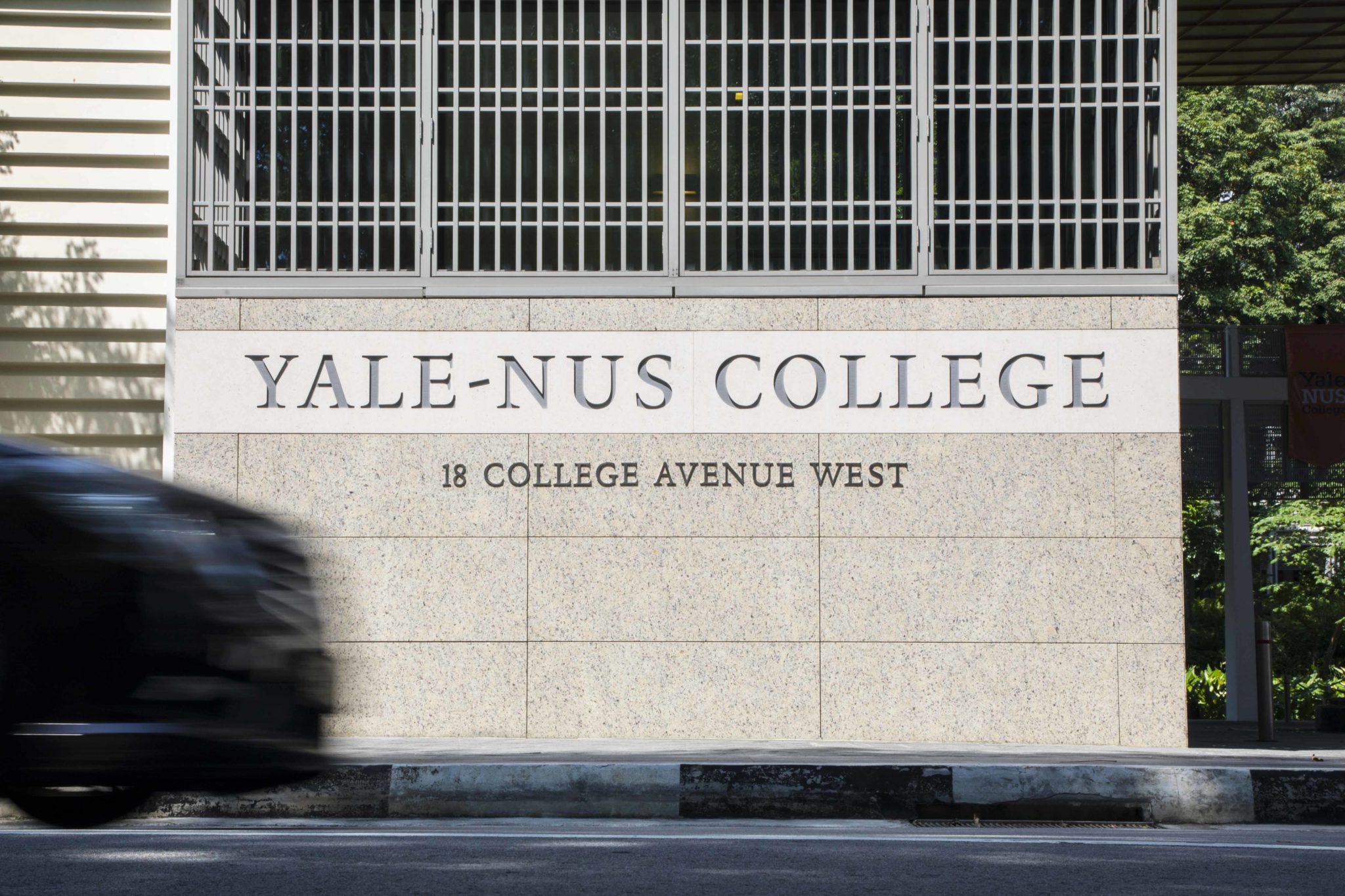
Following the Yale-NUS administration’s controversial decision to cancel a weeklong educational program about dissent and resistance in Singapore, University President Peter Salovey voiced concerns about the state of academic freedom and open inquiry at Yale’s sister college on Saturday.
On Friday, Yale-NUS announced its decision to withdraw a Learning Across Boundaries program — a one-week outside-the-classroom course — called “Dialogue and Dissent in Singapore,” previously slated for late September. Led by playwright Alfian Bin Sa’at, the class was designed to examine political, social and ethical issues of dissent by hosting activists like human rights defender Jolovan Wham, artist Priyageetha Dia and filmmaker Daniel Hui. According to Yale-NUS President Tan Tai Yong, the school cancelled the program because “the planned schedule of activities included elements that could subject students to the risk of breaking the law, and incurring legal liabilities.”
“In founding and working with our Singaporean colleagues on Yale-NUS, Yale has insisted on the values of academic freedom and open inquiry, which have been central to the college and have inspired outstanding work by faculty, students, and staff,” Salovey said in a press release. “Any action that might threaten these values is of serious concern, and we at Yale need to gain a better understanding of this decision.”
On Saturday, Salovey instructed Vice President for Global Strategy and former Yale-NUS President Pericles Lewis to conduct “fact-finding” into Yale-NUS’s decision. Salovey will determine the appropriate response once Yale has a full understanding of the events surrounding the program’s cancellation, Lewis said. The upcoming investigation marks the first instance where Salovey has publicly expressed discontent over decisions made by its sister college’s administration.
Lewis told the News that he will visit Singapore to learn more about the Yale-NUS administration’s decision in the next few weeks. Lewis added that the University has the authority to investigate decisions made by Yale-NUS’ administrators because the school is “a partnership between Yale and the National University of Singapore,” and Salovey sits on its board. Lewis declined to comment on what the potential consequences of his fact-finding would be.
When asked how activities designed for the cancelled program might violate Singaporean laws, Tan wrote in a statement to the News that the class included a workshop on designing protest signs and an external tour on “topography of protest.” Yale-NUS is committed to operating within the country’s laws, as promised by the founding president, Pericles Lewis, in 2012, Tan said.
Tan did not specify which laws the class may violate. Singapore’s government has a history of detaining activists for “illegal assemblies.” For example, human rights activist Jolovan Wham — who was scheduled to speak to the students enrolled in the program — was detained in 2017 for partaking in a candle-lighting vigil outside a prison complex and organizing a silent protest inside a train.
In an interview with the Octant, the Yale-NUS campus newspaper, Tan said he consulted Singapore’s Ministry of Education prior to making the decision. He was told that enrolled students could not be protected if they ran into legal trouble, and thus decided that the risk was too high, Tan explained.
“The project in question does not adequately cover the range of perspectives required for a proper academic examination of the political, social and ethical issues that surround dissent,” Tan explained. “The College continues to be fully committed to academic freedom — the freedom to open inquiry, discussion and study. This is distinct from undertaking activities that may cross the line of what is legally allowed in Singapore.”
Tan added that there was insufficient time to design a new class curriculum that would meet the objectives originally approved by the college’s Curriculum Committee earlier this year.
Still, activists previously scheduled to speak in the program voiced concerns about what this decision says about the state of free speech in the college and in Singapore more broadly. On Saturday, Wham tweeted that the cancellation of the program demonstrates “the irony of a liberal arts college in an authoritarian state.” Elections are coming up in Singapore, and the government and Singapore’s ruling party, called the People’s Action Party, are “hypersensitive to such events,” Wham stated.
“With the cancellation of this Week 7 LAB I worry about what this means for #academicfreedom and freedom of inquiry in @yalenus,” Kirsten Han, another activist who was previously scheduled to partake in the program, tweeted on Saturday. “Dissent is seen as dangerous and unacceptable in Singapore, rather than part of a democratic society.”
Yale’s C. Vann Woodward report states that “the university must do everything possible to ensure within it the fullest degree of intellectual freedom.”
Serena Cho | serena.cho@yale.edu







